Men Who Take Baths
Justin Roll
Canada, 2019
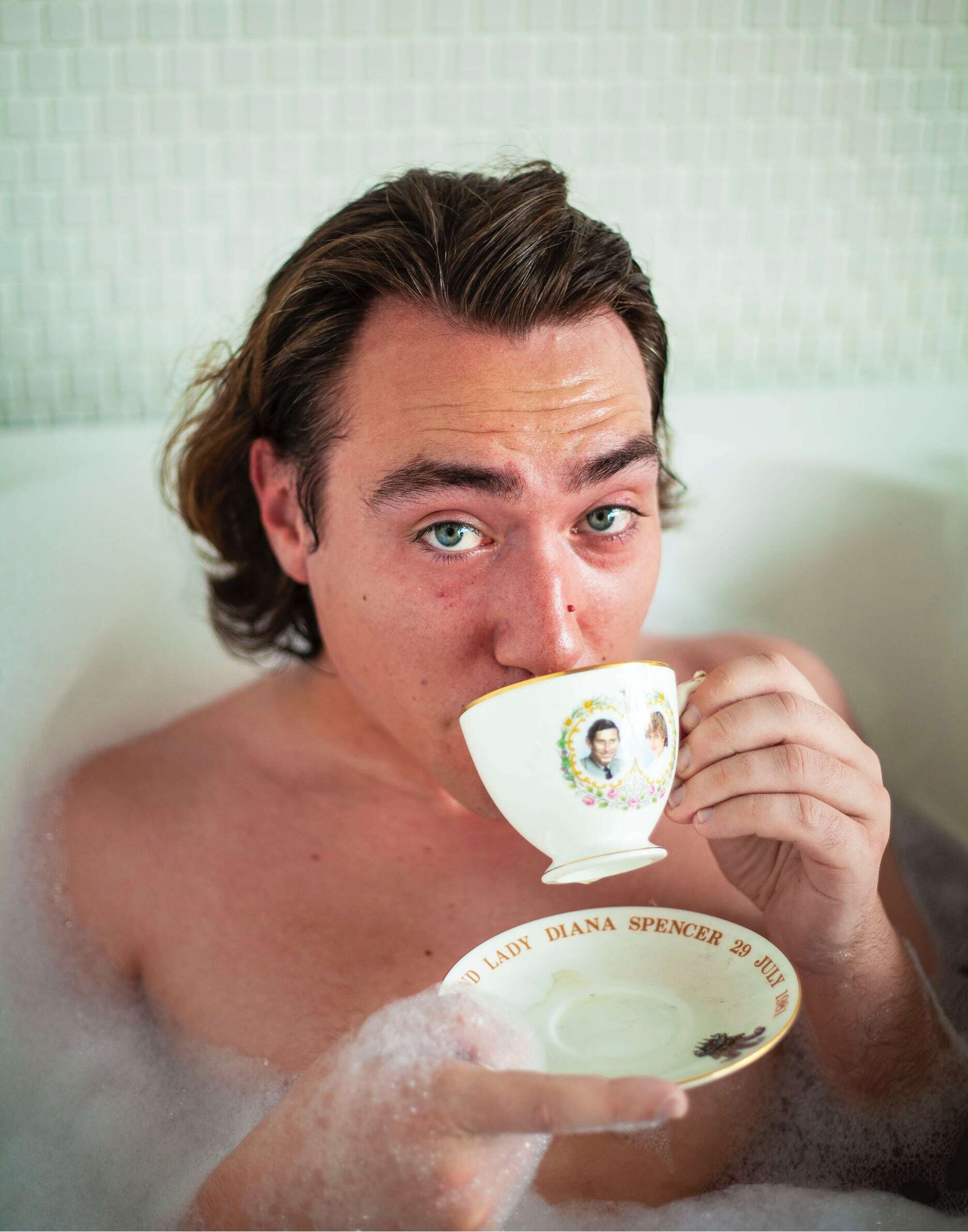
Being a man means whatever you want it to.
You filled out a survey to be part of this, the first one we’ve ever put out! Why did you seek this out?
I’ve been working in childcare and I see these kinds of conversations as really important.
We were talking earlier about the reactions you get from kids when you wear nail polish. Does your position working with kids give you an added perspective on ways we could better empathize or communicate with one another?
Yeah. When working with children, we really have to be intentional about the communication we use because they are sponges at that age. They are picking up on the tiniest social cues.
You mentioned that a little boy came into class wearing a tutu and it didn’t seem to have an impact on how the other kids behaved. How do we preserve that non-judgment?
We need to model to young people how we want them to treat each other. If I don’t make a big deal out of something, it’s less likely that the children will. It’s not guaranteed because children make fun of things all the time, incessantly. I think that as long as we continue to model and intentionally teach children how to treat each other, that’s the best we can do. It’s OK to be different and it’s OK to show your weird. How can you find other people in the world who celebrate and are accepting of your weirdness?
How do we raise boys into men who feel they can fully express themselves?
How do we learn about and accept groups of people who are different from ourselves? The simplest way is through exposure. If you only ever spend time communicating and listening to stories from people who are the same as you, it’s really hard to empathize and learn about other people’s experiences or see other people’s experiences as valid. Particularly when we’re talking about how we can get young boys and men to see women as equal. We need to have more women and people who are different than cis-gendered, straight, white men in positions of power, in art and in literature, to gain that perspective and see those perspectives as valid.
How can women include men in the feminist movement?
That one is a tough question for me because I think that as a cis-gendered man, it’s really hard for me to say how women should include men in a movement that is women-focused. I think that as someone who attempts to be an ally, me and other men, especially after #MeToo, need to look at how women want to include us. I don’t think it’s necessarily my place to tell other men how they should go about being more feminist or being an ally.
You grew up in Calgary, right?
I grew up in Vancouver but lived in Calgary for a couple of years. I am queer and came out as bisexual in Grade 8, before I really understood my sexuality. I had friends who were lesbians and bisexual and thought, yeah, this fits me. I started using the word bisexual. When I moved to Calgary, that was very much not okay. I went back into the closet for five or six years.
Did it feel like you had to protect yourself?
Yeah, absolutely. I have this one image burned into my head. I was on the school bus one day. People would make “I’m so gay for you” jokes all the time. Oh, we’re close friends so no homo but I’m super gay for you. I kind of made one of these offhand jokes on the school bus one morning and everyone on the bus stopped and looked at me. And I said...just kidding. But wow, thank god. I would get into arguments with people and say, [being gay or bisexual is] a problem for you? No one stood up for my perspective. That was a moment that caused me to retreat.
In terms of how I talk to other men about women? I think when I was younger, I identified as feminist and then later found out that my actions weren’t feminist. I wasn’t holding up to the ideals. I was having discussions with male friends who were sharing articles with each other and trying to learn things about feminism to become better allies and better people, but also seeing some male friends treat women in their lives as disposable and less than people. I ended up cutting out a large group of male friends in my early twenties. As much as I believe that we should work with all people no matter their views, there was a certain point where emotionally, I could no longer say I was friends or invested or civil with certain people when they didn’t believe in the rights of other people.
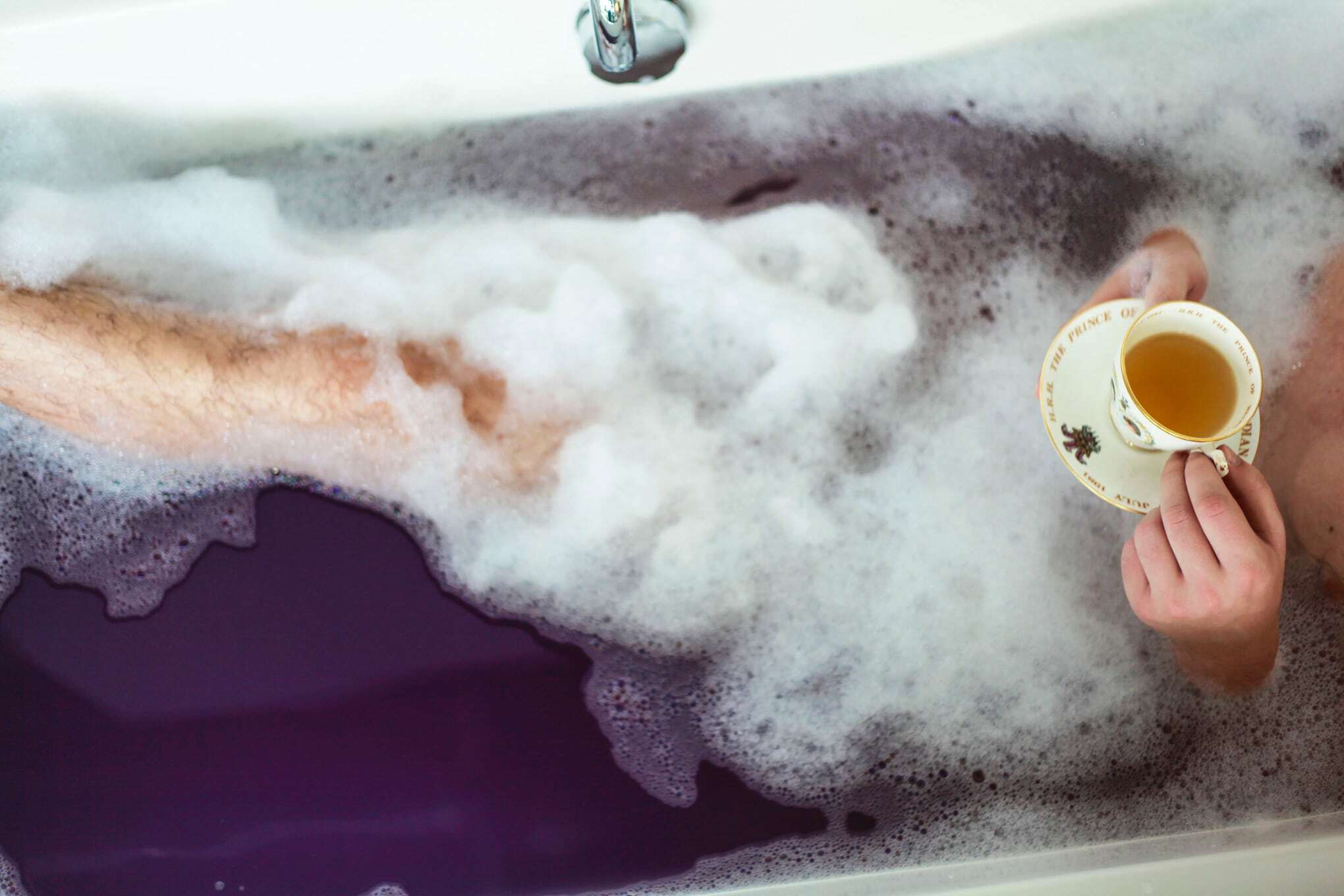
After the #MeToo Movement, sometimes I would walk into a group of guys and just ask them if they were aware of the movement. Most of them weren’t necessarily aware, but what they knew was that men were getting called out. So I would ask: is anybody in this room afraid that at some point in their lives they would get accused of something that they didn’t do? Almost every hand went up.
I don’t know if men being afraid is a good place or a bad place for them to be.
I think I would rather have men who have problematic behaviors be afraid of doing something wrong if it stops them from actually doing the wrong things. It’s not an ideal place for us to be but realistically I think we need to protect people who are most vulnerable first. There’s a certain time and place for a civil conversation, but if this is a fight against men who don’t want to move an inch or see the power they have in our society, then now is the time and a place to say, no, you are wrong and your views are wrong.
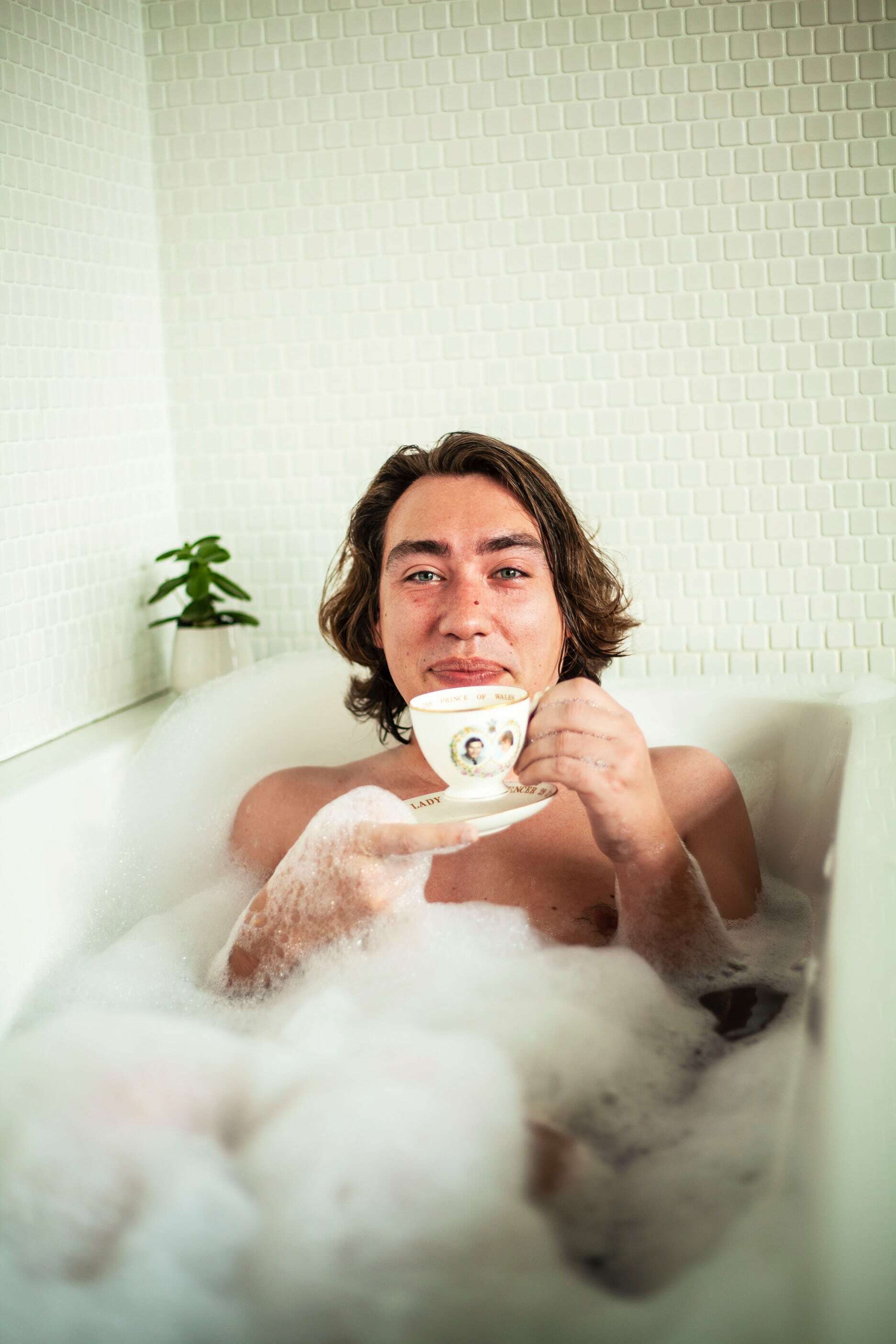
I went back into the closet for five or six years.
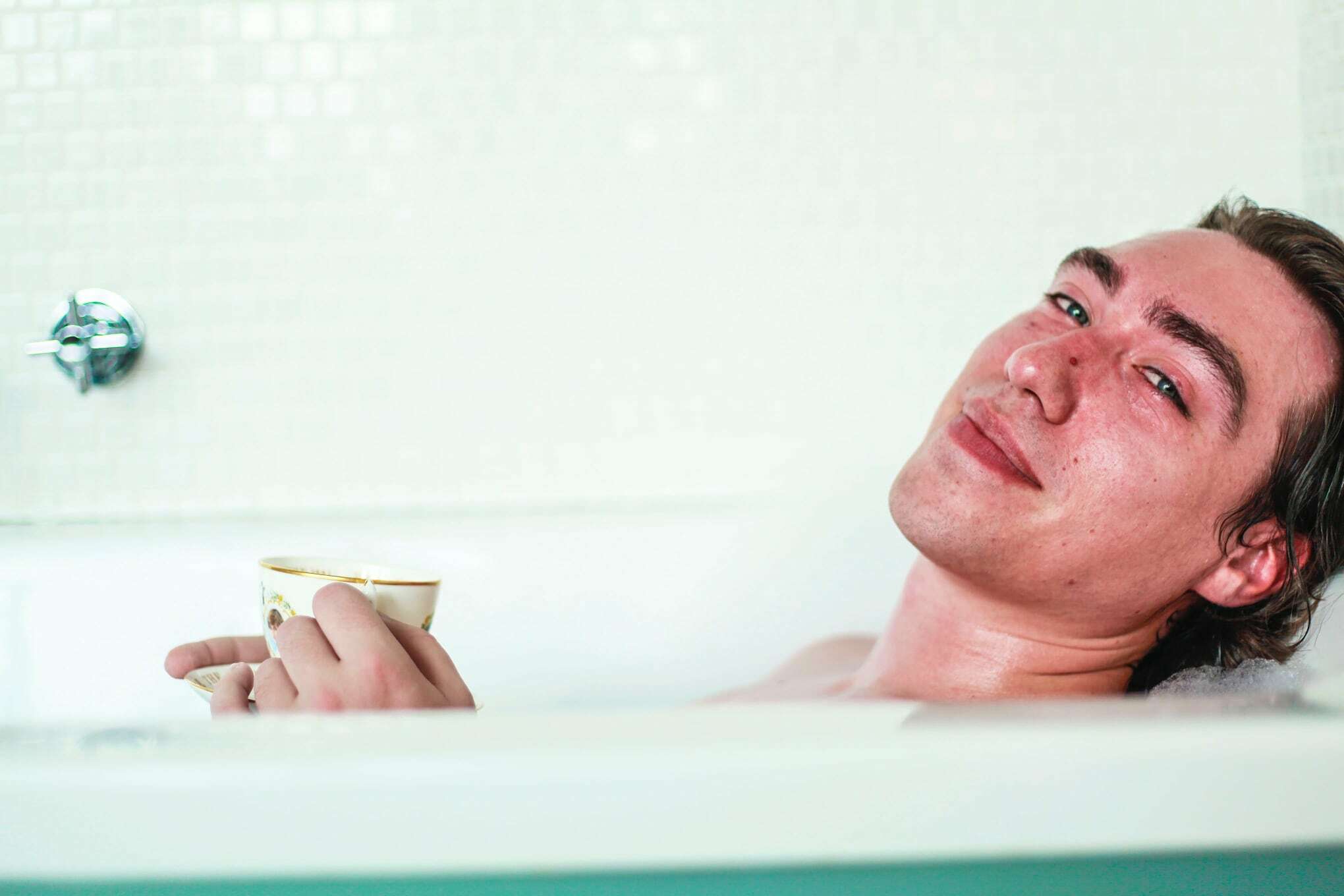
What does being a man mean to you, today?
Being a man means whatever you want it to. I thought a lot while exploring my sexuality and gender identity, and figuring out where I place myself in the world. I don’t fit into stereotypical masculine roles a lot of the time. That was a lot of the struggle I had when I was younger, which was fitting in with other guys and sacrificing parts of myself in order to do that. I came to a place where I realized I am male-gendered but that doesn’t have to mean that I have to subscribe to the masculine roles that we have in our society. What it means to me is trying to be better. Every male-identified person has to go on that journey and figure out how they identify with their masculinity.
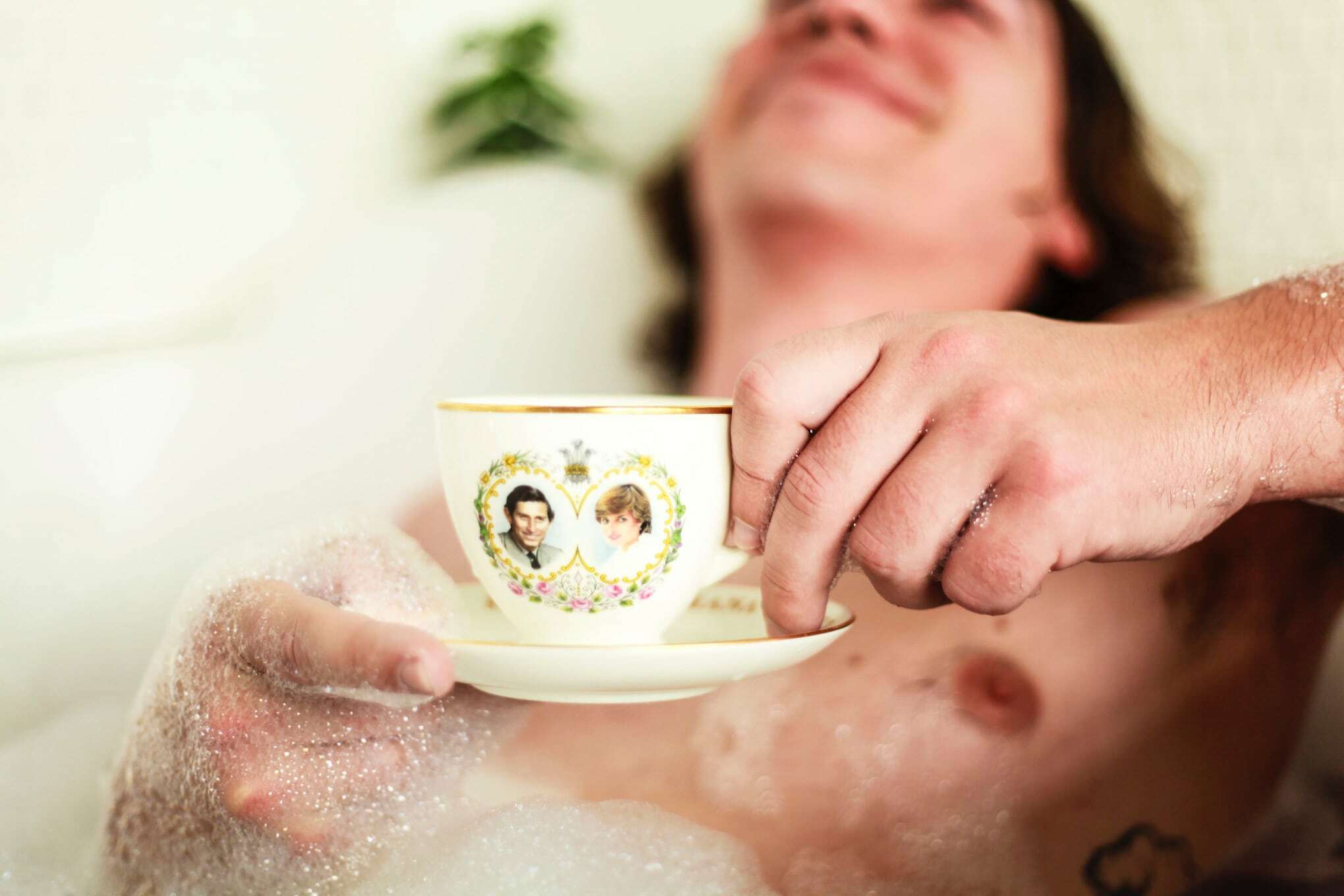
Is there anything else you would like to add?
When I had people call in and try to have a conversation with me about my problematic behavior, it was a huge gift and it’s not lost on me the emotional resources and courage it takes to tell someone that you care about that they’ve done something that crossed boundaries. I am so grateful that it happened and I’m not sure where I would be if it hadn’t.
I think as we’re all on this journey together and we’re trying to change the way we treat each other, then the most important thing you can do is be open to feedback. I think that in our culture, it’s hard fo us to admit when we’ve done something wrong.
One of my co-workers taught me that there is a difference between an accident, which is something you didn’t intend to do that might have hurt somebody, and a mistake, which is something you intentionally decided to do but that you later regret. If we’re open to the fact that sometimes we both make mistakes and have accidents, and are open to the gift of other people telling us that we’ve done something wrong, that’s how we actually move forward.
